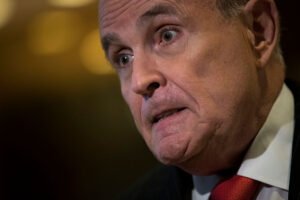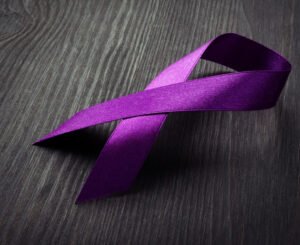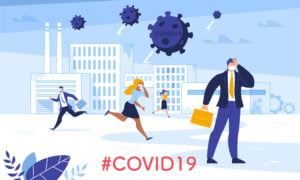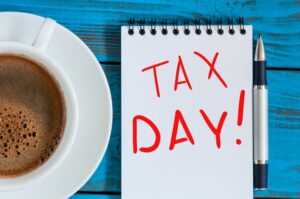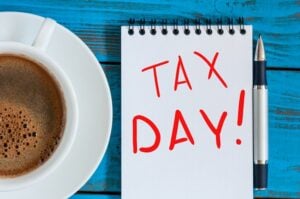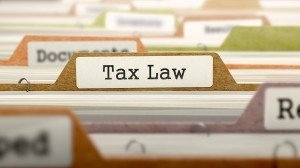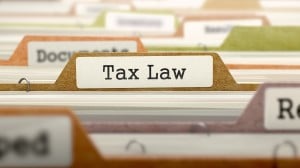For survivors of domestic violence, legal assistance can change – or even save – a life. This is especially true for women living in poverty during the COVID-19 pandemic. We spoke with Hamra Ahmad, Director of Law and Policy with Her Justice, a nonprofit organization that stands with low-income women in New York City by training and mentoring volunteer lawyers to represent them and address individual and systemic barriers.
Who does Her Justice serve?
Our clients are the working poor with very limited resources. More than half are foreign-born, a quarter of them need interpreters in court, and most are mothers who are, or become, the heads of their households. We call them “survivors” for a reason; they have experienced unspeakable trauma and violence and have come through it because they are resilient, resourceful and focused on creating better futures for themselves and their children.
What are some key concerns in the time of COVID-19?
The current crisis continues to create situations that force many of our clients over the edge of poverty and health – both mentally and physically.
Many of them must engage with the New York City Family Courts to get legal relief that is critical to their safety and well-being, such as orders of protection, financial support from partners, or clear schedules for access to children, and the courts are operating with limited capacity.
Though remote access is essential, technology is often unaffordable for our clients. Paying for cell phones, often their only way to access the internet, is increasingly difficult. Without access to the internet or phone, and with libraries closed (where they previously used free computers) our clients can’t access food assistance, legal assistance, mental health support and health care for themselves and their children. Our clients need access to these services and support now more than ever.
What don’t lawyers know about domestic violence that they should?
Domestic violence isn’t only physical abuse. Many of our clients experience financial abuse – the control by one intimate partner of the other’s access to economic resources, which diminishes the survivor’s capacity to support themselves and forces them to depend financially on the abuser. This makes it even more difficult for survivors to leave the relationship; for example, with a low credit score, women cannot rent an apartment, get a job or buy a house or car.
Survivors also often shoulder the burden of supporting children; fair and consistent child support can mean the difference between remaining safe and independent or returning to a dangerous situation. In ordinary times, there are more than 70,000 filings for child support in the New York City Family Courts each year. But during this crisis, court closures mean that many families have no access to this needed support.
Can you share tips for working with pro bono clients during the pandemic?
Safety and confidentiality are key considerations when working with clients remotely. We encourage our staff and pro bono attorneys to ensure a safe, confidential, and comfortable meeting space and to ask the client if she is in a safe place where she has privacy. It’s critical to build trust, identify who you are, and make clear your role and expectations when you meet. For example, if you will be taking notes or typing, it’s important to explain why you are looking away from the camera.
Determine the best method to speak with her – does she have a reliable phone number or access to a safe computer with a camera? Many clients have prepaid cell phones that may run out at a moment’s notice, so try to obtain a safe, alternate phone number. Can she be reached via a safe email address or through texting (using a secure, confidential platform)? Some clients, especially survivors of digital violence, may feel more comfortable communicating by phone rather than video. If she needs an interpreter, identify one available by the client’s preferred communication method (e.g., phone or video conference).
Try to determine what times she is likely to be available, who else will be home, and if she can speak privately or if children will be around. It’s important to ask these questions before every conversation in which you anticipate discussing traumatic or sensitive matters.
If she doesn’t have safe access to technology, you may have to factor in time to send documents via regular mail to review and/or sign. Digital photographs of documents are acceptable as long as the quality is good enough for the document to be legible.
To learn more about Her Justice and how you can help, visit https://herjustice.org/.
PLI has a number of resources that can prepare attorneys to assist domestic violence survivors, including the following on-demand programs:
About PLI
 Practising Law Institute is a nonprofit learning organization dedicated to keeping attorneys and other professionals at the forefront of knowledge and expertise. PLI is chartered by the Regents of the University of the State of New York and was founded in 1933 by Harold P. Seligson. The organization provides the highest quality, accredited, continuing legal and professional education programs in a variety of formats which are delivered by more than 4,000 volunteer faculty including prominent lawyers, judges, investment bankers, accountants, corporate counsel, and U.S. and international government regulators. PLI publishes a comprehensive library of Treatises, Course Handbooks, Answer Books and Journals also available through the PLI PLUS online platform. The essence of PLI’s mission is its commitment to the pro bono community. View PLI’s upcoming live webcasts here.
Practising Law Institute is a nonprofit learning organization dedicated to keeping attorneys and other professionals at the forefront of knowledge and expertise. PLI is chartered by the Regents of the University of the State of New York and was founded in 1933 by Harold P. Seligson. The organization provides the highest quality, accredited, continuing legal and professional education programs in a variety of formats which are delivered by more than 4,000 volunteer faculty including prominent lawyers, judges, investment bankers, accountants, corporate counsel, and U.S. and international government regulators. PLI publishes a comprehensive library of Treatises, Course Handbooks, Answer Books and Journals also available through the PLI PLUS online platform. The essence of PLI’s mission is its commitment to the pro bono community. View PLI’s upcoming live webcasts here.
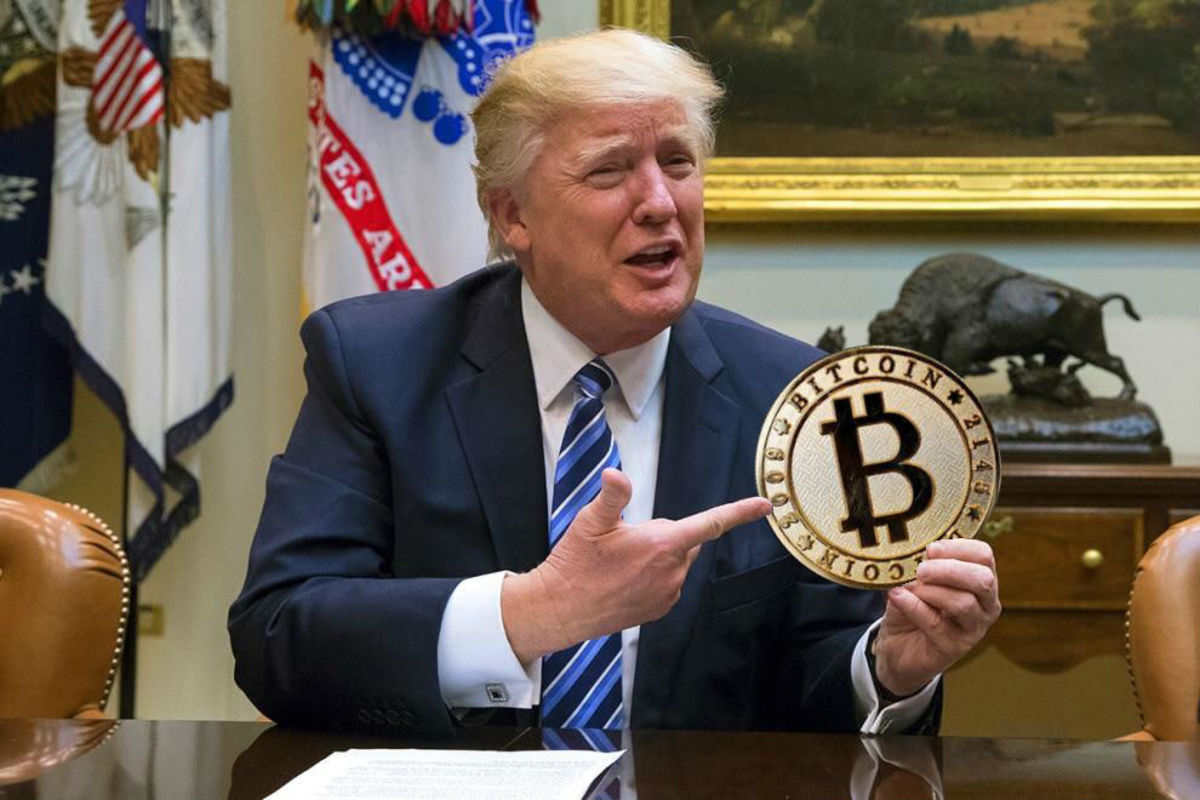

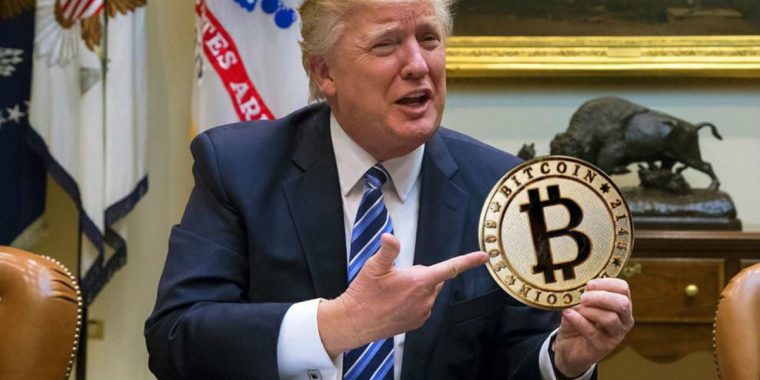
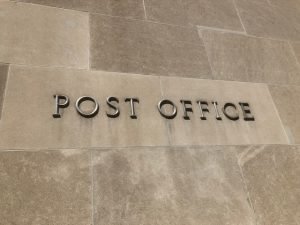
 Jordan Rothman is a partner of
Jordan Rothman is a partner of 

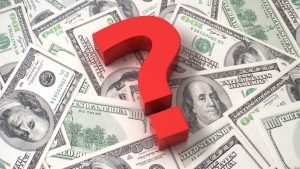
 Kathryn Rubino is a Senior Editor at Above the Law, and host of
Kathryn Rubino is a Senior Editor at Above the Law, and host of 